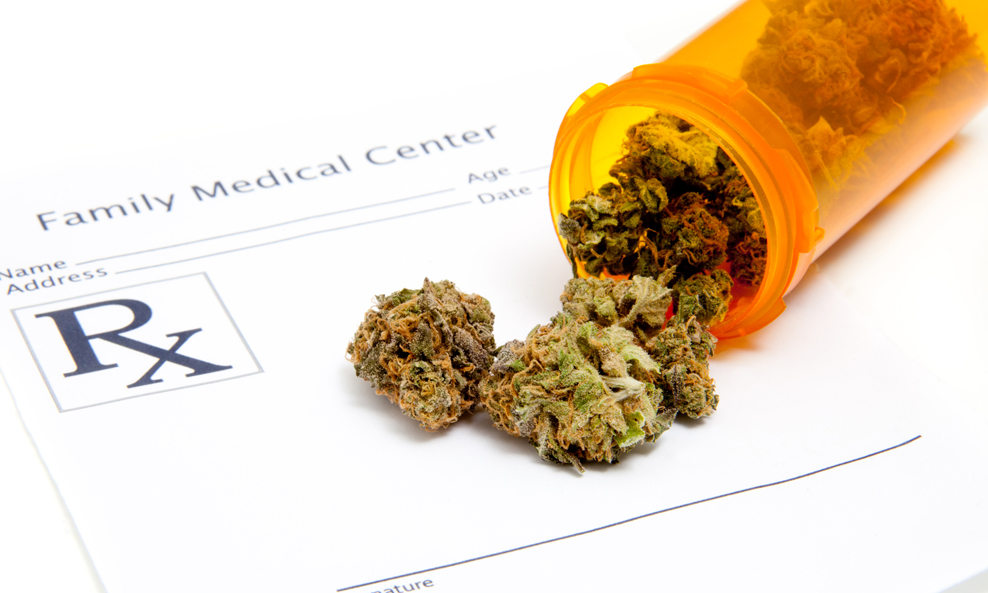
Cannabis Conundrum: Pharmacists Investigate How to Manage Medical Marijuana
The National Association of Specialty Pharmacists is launching a task force to look into how these and other healthcare professionals can better assist patients in managing their medical marijuana use.
An association representing specialty pharmacists wants to create more uniformity and standards of care around the pharmaceutical management of medical marijuana.
“Essentially, patients receive treatment from dispensaries, outside of their pharmaceutical [regimen] management, and we believe that a drug with such a broad scope should be managed effectively through the specialty pharmacist to ensure patient education and proper dispensing,” Gary Cohen, CEO of the National Association of Specialty Pharmacy, said in a statement.
More education for physicians, pharmacists, and patients is needed to ensure individuals receive the correct product with the correct efficacy and drug-delivery system to fit their disease.
So NASP is launching a task force, set to kick off next week, that will develop a framework for educational content as well as practice guidelines and standards of care relating to medical marijuana use. The goal: to help specialty pharmacists improve patient care.
Currently, 20 states plus the District of Columbia have laws allowing physicians to prescribe marijuana for medical use. At the federal level, cannabis remains classified as a Schedule I controlled substance, meaning it is considered to have a high potential for abuse and is not accepted for medical use, according to the U.S. Department of Justice.
Overseen by NASP’s Professional Practice Committee, the task force volunteers will also identify areas of integration with current specialty prescription therapy for patients with chronic diseases.
“Medical marijuana has come to the forefront of patient care in many of the diseases that specialty pharmacists treat, including multiple sclerosis, cancer, HIV, and others,” Cohen said. “More education for physicians, pharmacists, and patients is needed to ensure individuals receive the correct product with the correct efficacy and drug-delivery system to fit their disease. As an organization, NASP believes that it has the responsibility, intellectual advisors, and obligation to take the lead on this emerging area of medical care.”
There are currently no national standards for the pharmaceutical management of medical marijuana, according to NASP. But 22 states have legislation addressing the issue, and legislation is pending in other states.
(iStock/Thinkstock)






Comments